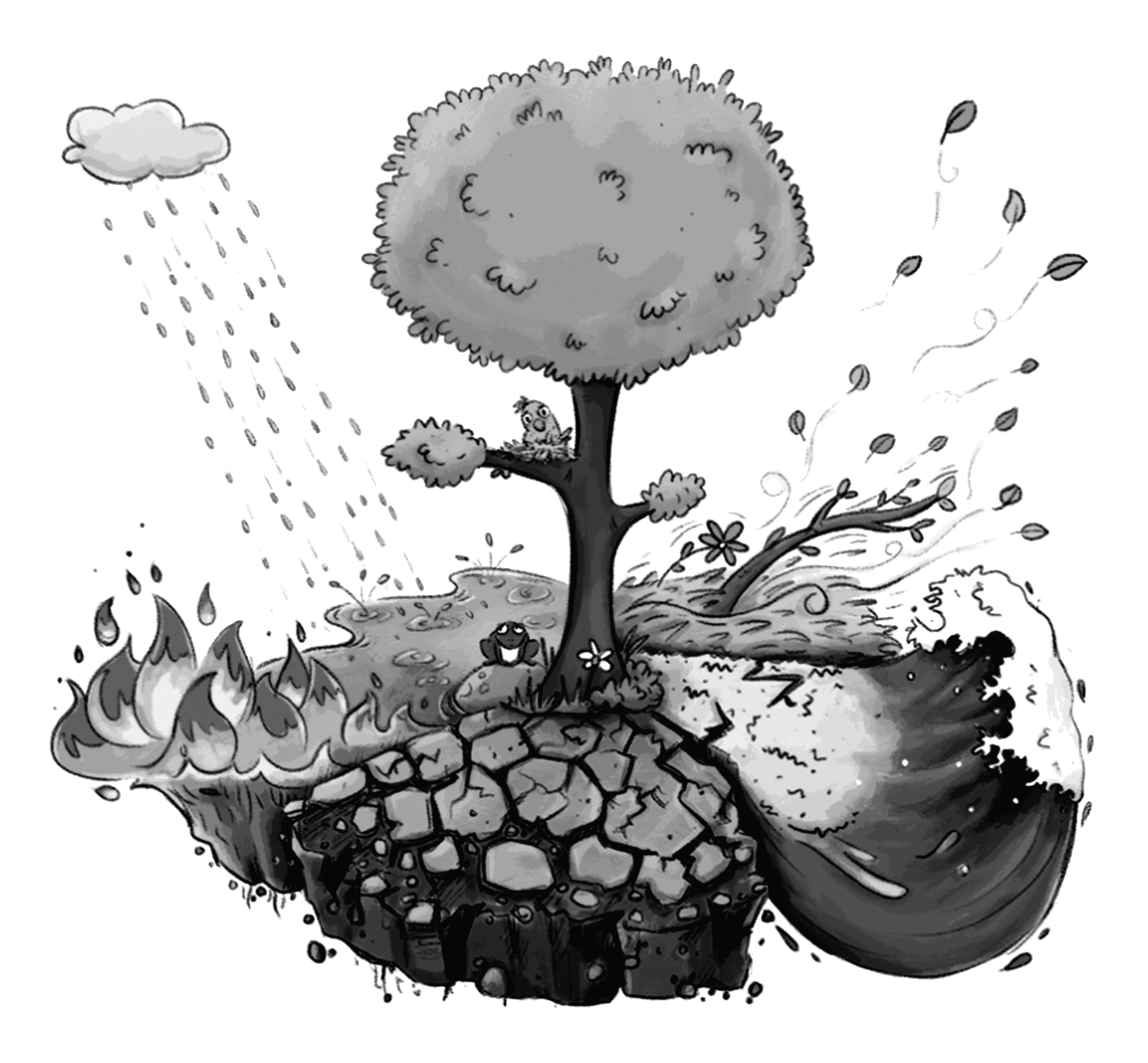
26. Use articles where necessary. Some of the blanks may not require an article. Put a cross (×) where an article is not needed.
Answer: (a) the (b) the (c) the d) the (e) a (f) a (g) x (h) the (i) the (j) x.
Preposition
1. Complete the text with suitable preposition:
The science fair held (a) _our college paved a new way for us to gather practical knowledge. Many of our friends took part (b) _ the fair (c) _their projects. We showed genuine interest (d) _ them. Most of the projects were made (e) _ consistent (f) _the prevailing world situation. They were intended (g) _acquaint us (h) _the solutions (i) _some common problems. We are facing specially in regard to the environment we live in regard to the environment we live in. We were sanguine (j) _ achieving success and we really achieved it.
2. Complete the text with suitable preposition:
Natural disaster has occurred throughout the world (a) _ recent years. The reason behind this is green house effect or warming (b) _ the air around the earth. Global warming is melting the huge ice (c) _ Polar regions and (d)_ the peaks (e) _the mountains. Consequently, the level (f) _ sea water has alarmingly increased. Cyclones and tidal bores are inundating and destroying the coastal regions (g) _a large extent. Climatologist believe that (h) _the last 185 years 99 cyclones hit the coastal areas and off Shore Island (i)_ our country causing irrecoverable loss (j)_ life and properties.
3. Complete the text with suitable preposition:
Stephen Hawking was born (a) — an educated family (b) — 1942. He is considered the greatest physicist after Einstein. He received his PhD (c) —cosmology (d) — Cambridge University (e) — the age (f) — 26. (g) — 1979 he joined Cambridge University as Lucas Ian professor (h) — Mathematics. (i) — the age of thirty-two, he received the prestigious Albert Einstein Award (j) — theoretical physics.
Answer: (a) in (b) in (c) in (d) from (e) at (f) of (g) In (h) of (i) At (j) for4. Complete the text with suitable preposition: Bertrand Russell was an outstanding philosopher and perhaps the greatest thinker (a) — the contemporary time. He was born (b) — 1872 (c) — an aristocratic family. He was privately educated and he acquired a perfect